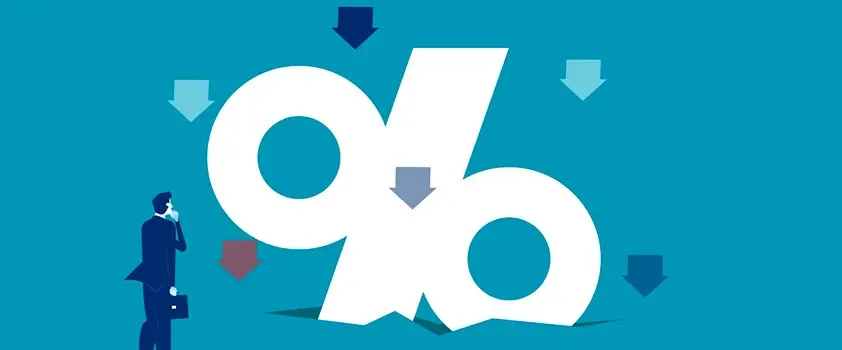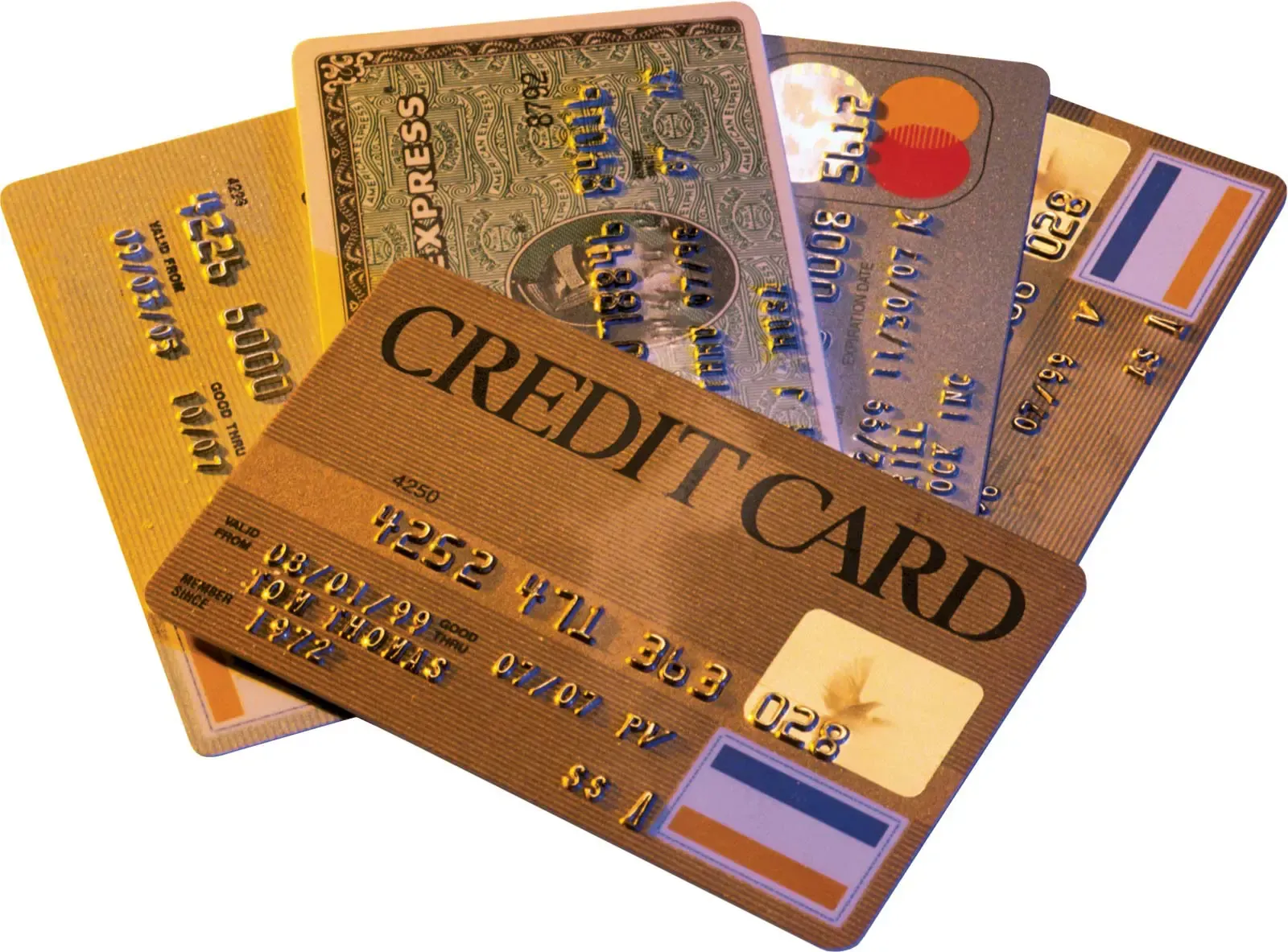Financial Habits for More Secure Future
Are you struggling to keep your finances healthy? It is your financial habits that determine your current economic situation. Generally in bad times is when we realize that our finances are not quite right, that’s why it is so important to create good financial habits.
A habit is a behavior that helps us to achieve a purpose or goal.
If we talk about habits, one of the most important ones you should start to develop is to make a budget, which will help you to have control of your money. The budget is a precise record of all your income and all the expenses you make.
A budget allows you to know:
– Your financial health and make decisions that will help you improve it.
– Unnecessary expenses that you should eliminate.
– Know the total amount of your debts and if they exceed 30% of your income, reduce them.
If your resources (income) are limited and you must use them properly to make ends meet, consider this as an adventure of which you would not like to have an unexpected end. Your budget should be the script that leads you to a happy ending, and any deviation from it should be corrected in time.
Budgeting is an important and essential task for the good management of your finances, but you must be disciplined and consistent to really see a positive result. It is useless to have a budget if at the moment of truth you spend without taking it into account.
Budgeting is an important and essential task for the good management of your finances, but you must be disciplined and constant to really see a positive result. It is useless to have a budget if at the moment of truth you spend without taking it into account.
These are some simple steps you can do:
Step 1. Write down your income, which is the amount of money you get in a certain period of time:
Fixed income: money you receive regularly, for example: your salary.
Variable income: money you receive irregularly, for example: your Christmas bonus, commissions or from your business.
Step 2. Write down your expenses, which is the money you spend, and there are two types:
Fixed expenses: are those that are considered necessary, for example: food, rent, house utilities, debts and payment commitments.
Variable expenses: are those that change according to the tastes and activities of each person, for example: entertainment outings, hygiene items, medical appointments, among others.
Step 3. Review your financial health:
If your income is less than your expenses, be careful! It can lead you to borrow and get into debt.
If your income and expenses are balanced, consider unforeseen events, as these could throw you off balance. With discipline you can do better!
If your income is greater than your expenses, you are doing great! Keep it up, as this path gives you the opportunity to meet financial goals and continue with healthy finances.

